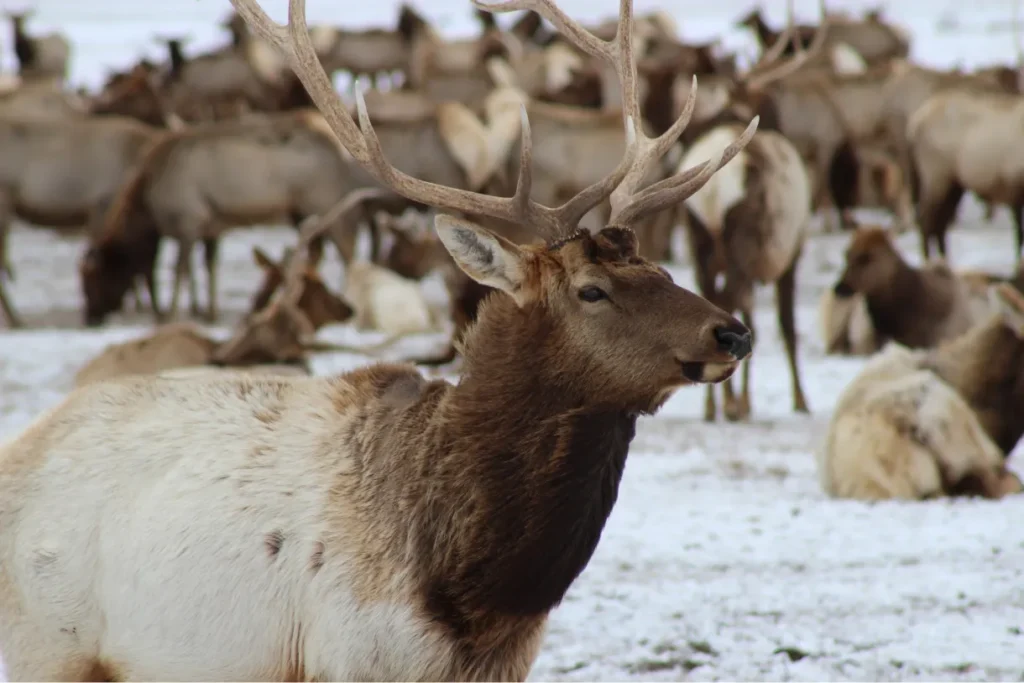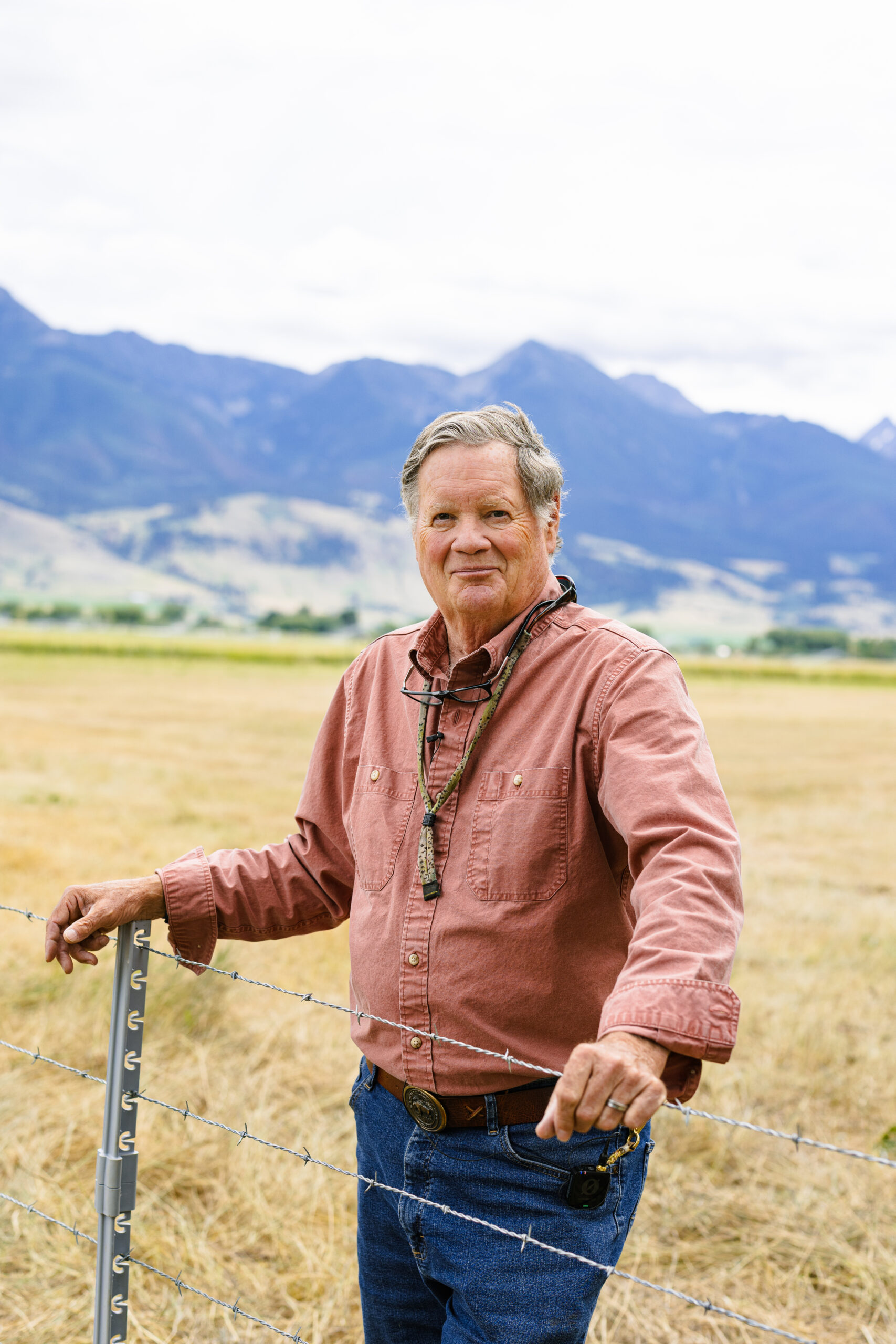
A public comment submitted to the U.S. Department of Agriculture on the proposed rule to amend and republish the list of select agents and toxins.
The Property and Environment Research Center (PERC) respectfully wishes to register our strong support for removing Brucella abortus from the Select Agents list. In submitting these comments, we build on comments we submitted to APHIS on May 18, 2020.1https://www.perc.org/wp-content/uploads/2020/10/Public-Comment-Brucella-Abortus.pdf. PERC is a 40-year-old nonprofit research and conservation institute located in Bozeman, Montana, dedicated to enhancing environmental quality using property rights and markets. PERC’s staff and associated scholars conduct original research that applies market-based principles to resolve environmental disputes in a cooperative manner, with an emphasis on public and private land and wildlife issues.
As APHIS notes in its proposed rule (89 FR 5795) to amend the Federal Select Agents List, removing regulatory barriers will greatly improve research on more effective vaccines and diagnostics, thereby improving our efforts to control these diseases in animal populations.
In the Greater Yellowstone Ecosystem (GYE) of Idaho, Montana, and Wyoming, private farm and ranch lands provide crucial winter habitat for the region’s migratory herds of elk and other ungulates.2Middleton, Arthur; Stoellinger, Temple; Bennett, Drew E.; Brammer, Travis; Gigliotti, Laura; Byerly Flint, Hilary; Maher, Sam; and Leonard, Bryan (2022) “The Role of Private Lands in Conserving Yellowstone’s Wildlife in the Twenty-First Century,” Wyoming Law Review: Vol. 22: No. 2, Article 4. https://scholarship.law.uwyo.edu/wlr/vol22/iss2/4. Conserving these migratory corridors has been identified as a priority for federal and state policymakers, with an emphasis on conserving winter range habitat on private lands.3Department of the Interior Secretarial Order No. 3362, “Improving Habitat Quality in Western Big-Game Winter Range and Migration Corridors.” https://www.doi.gov/sites/doi.gov/files/uploads/so_3362_migration.pdf Montana Action Plan October 2019, “Implementation of Department of the Interior Secretarial Order 3362: ‘Improving Habitat Quality in Western Big-Game Winter Range and Migration Corridors.” https://www.nfwf.org/sites/default/files/rockymountains/Documents/Montana2020ActionPlan.pdf
For ranchers in the GYE, however, tolerating elk can translate into risks associated with B. abortus transmission to the cattle herds that sustain ranchers’ livelihoods and rural communities. The risk of their herds contracting brucellosis can mean expensive and stressful testing and quarantining of cattle, and the potential of being forced to depopulate their herds. Through PERC’s work with ranchers in Montana’s Paradise Valley, we have seen that brucellosis is one of their chief concerns and one that reduces their willingness and ability to accommodate elk on their properties. In the words of one rancher, “If we improve habitat [for elk] we’re basically shooting ourselves in the foot because of the increased brucellosis risk.”4Whitney Tilt. 2020. Elk in Paradise: Conserving Migratory Wildlife and Working Lands in Montana’s Paradise Valley. Property and Environment Research Center. https://www.perc.org/2020/07/16/elk-in-paradise-conserving-migratory-wildlifeworking-lands-montana/
This attitude is only natural considering the high cost that a positive test for brucellosis can impose on ranching families. According to a 2016 assessment, quarantining a herd of 400 in response to one positive brucellosis case can cost a rancher nearly $150,000. This cost pales in the face of the alternative to quarantine—the “depopulation” or slaughter of every animal in an infected herd.
With B. abortus on the select agent list, existing restrictions impose significant obstacles to the development of a more effective vaccine or other tools to respond to brucellosis infections in livestock herds. We support the delisting of B. abortus from the Select Agent List so that effective research can be conducted toward the development of improved vaccination, diagnostics, and other management options. This research will be a crucial step toward improving rancher’s bottom line and in turn increasing the resilience of private working lands, sustaining rural communities, and increasing tolerance of migratory elk and other ungulates.
Thank you for the opportunity to provide our strong support for the proposed rule removing Brucella abortus from the Select Agents list.



